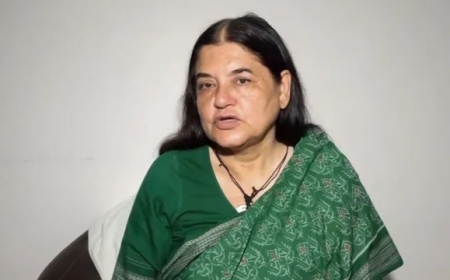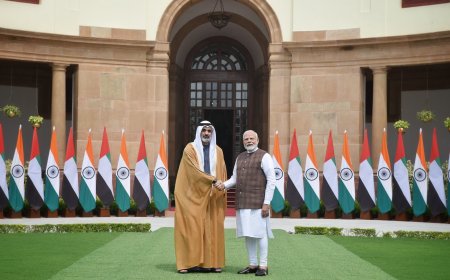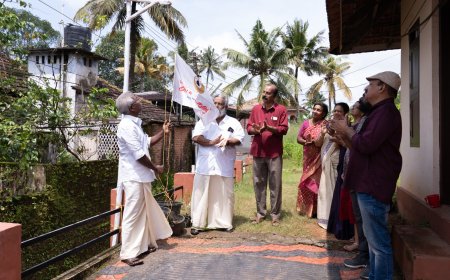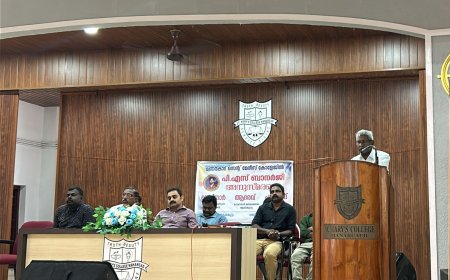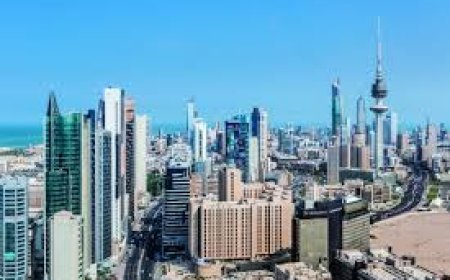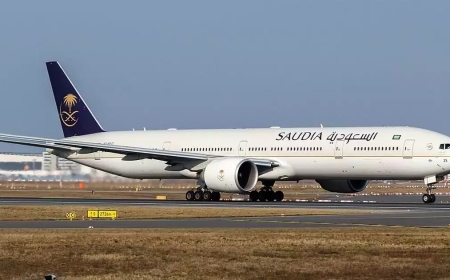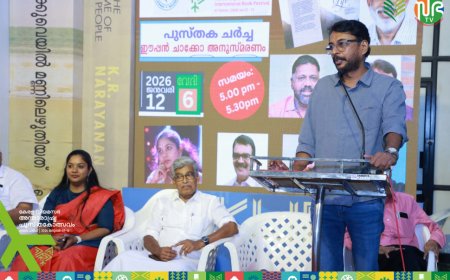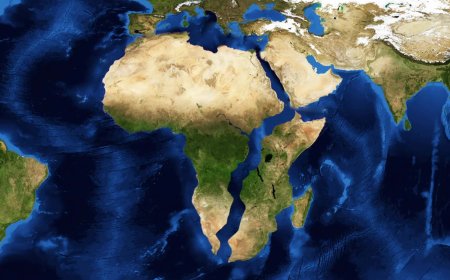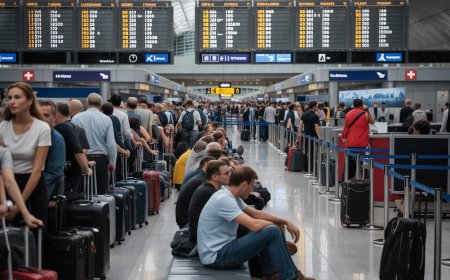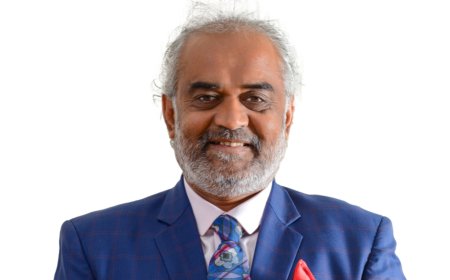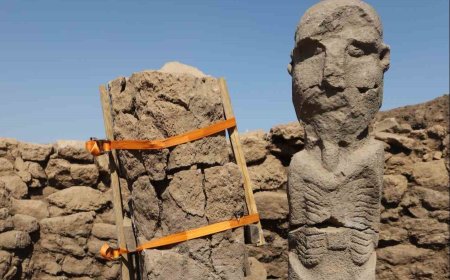Dubai and Abu Dhabi rank among world’s most resilient cities in new global index
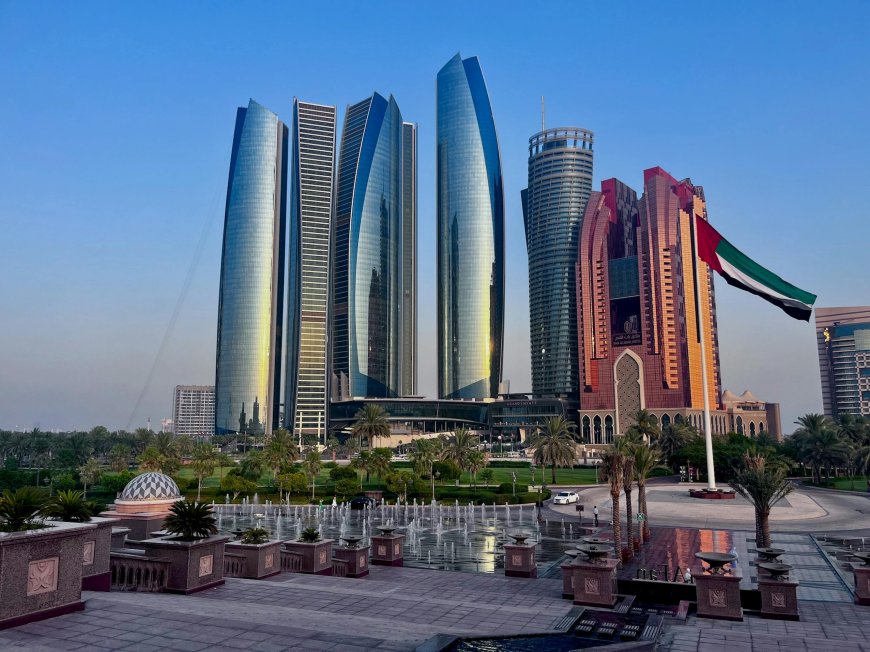
THE UAE has strengthened its global standing in urban resilience, with Dubai and Abu Dhabi both ranked among the top 15 most resilient cities worldwide, according to the inaugural Global Cities Resilience Index (GCRI) released by Kearney and the Future Investment Initiative (FII) Institute.
Dubai placed fourth globally, behind London, Amsterdam, and New York, while Abu Dhabi ranked 13th, highlighting the country’s growing reputation for sustainable development, advanced infrastructure, and institutional strength.
Urban resilience
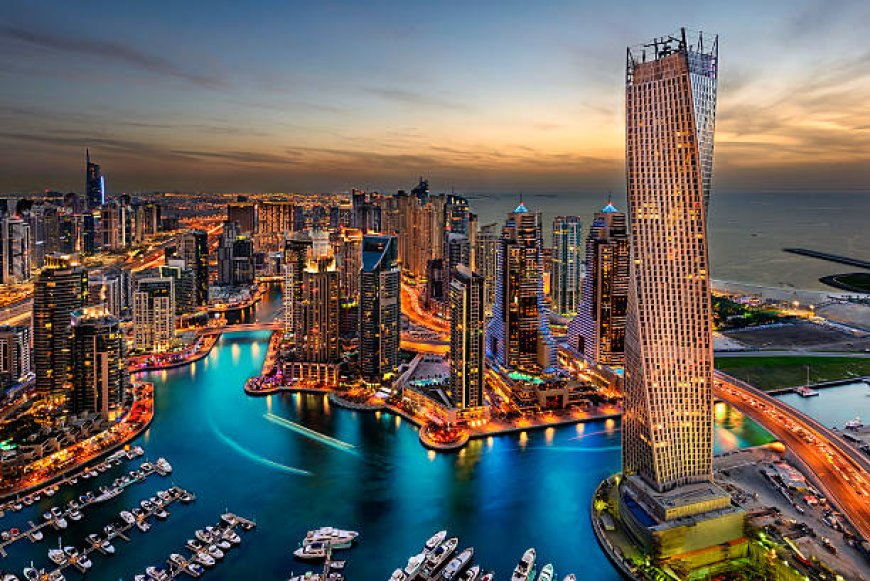
Dubai’s top-five position cements its role as a benchmark for emerging global cities that combine innovation, governance, and adaptability. The report cites Dubai’s future-ready infrastructure, robust governance systems, and strong social and financial foundations as key enablers of its resilience.
Abu Dhabi’s inclusion in the top 15 underscores its institutional depth, sustainable finance systems, and investment in human capital, reflecting its long-term focus on economic diversification and environmental stewardship. Together, both cities represent the UAE’s national approach to future-proofing growth through innovation and inclusivity.
Global benchmark
The Global Cities Resilience Index (GCRI) evaluated 31 major cities worldwide across five core dimensions — institutional governance, sustainable finance and business, technology and innovation, social and human capital, and global integration. The index provides a forward-looking assessment of how cities are developing the systems and capacities needed to adapt, recover, and thrive amid environmental, economic, and social disruptions.
Beyond the UAE, the broader Gulf region also performed strongly. Riyadh led the world in the technology and innovation category, reflecting Saudi Arabia’s Vision 2030 investments in entrepreneurship and digital infrastructure. Doha ranked in the top six globally on the economic dimension, driven by diversification and pro-investment policies.
“The Global Cities Resilience Index measures not where cities stand today, but their systemic readiness to thrive tomorrow. It’s a forward-looking tool for leaders, investors, and citizens to build adaptive capacity.”
Richard Attias, Chairman of the FII Institute Executive Committee, added that Dubai’s inclusion reflects the Gulf’s broader transformation:
“Cities such as Dubai and London have shown the capacity to adapt and thrive amid unforeseen change. Resilience is now a defining metric for global competitiveness.”
Model for region
For the UAE, the results reinforce how national policies — from Dubai’s Smart City strategy to Abu Dhabi’s sustainable investment frameworks — are translating into measurable global outcomes.
By ranking alongside the world’s most advanced cities, the UAE demonstrates that its twin focus on innovation and institutional strength continues to deliver results, positioning its cities not just to withstand global shocks but to lead in shaping a sustainable urban future.

